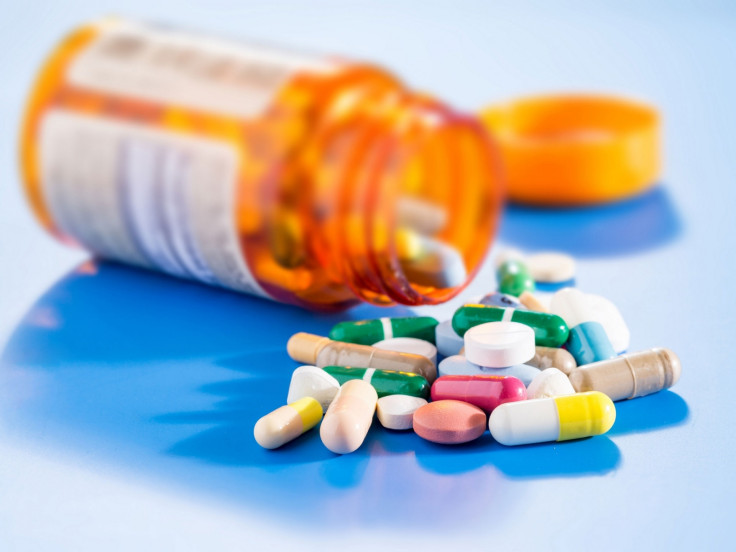20 million opioid pills shipped to town of 3,000 people in US overdose capital
KEY POINTS
- Congressional committee nvestigates US opioid epidemic.
- Two firms supplied tens of millions of pain pills to small town.
- Committee asks firms why they did not flag orders as suspicious.
US drug companies shipped more than 20 million opioid painkiller pills to just two pharmacies in a small town that is home to fewer than 3,000 people, a congressional committee investigating the US opioid crisis has found.
The committee found that two drug wholesalers supplied 10.2 million hydrocodone pills and 10.6 million oxycodone pills to pharmacies in the West Virginia town of Williamson in the 10 years to 2016.
West Virginia had the highest prescription drug overdose death rate in the US in 2016 – the most recent year for which data is available.
The House Energy and Commerce Committee cited the unusually high volume of sales in its inquiry into the role of drug firms in the US opioid epidemic, reported the Charleston Gazette-Mail.
"These numbers are outrageous," said committee chairman Greg Walden.
"We will get to the bottom of how this destruction was able to be unleashed across West Virginia," he added.
The committee announced that it had sent letters to drug wholesalers Miami-Luken and HD Smith, both based outside West Virginia, to ask why they did not flag the orders as suspicious.
Between 2006 and 2016, the firms supplied tens of millions of hydrocodone and oxycodone pills to Tug Valley Pharmacy and Hurley Drug in Williamson, Mingo County. The town has a population of just 2,900.
During this period, drug overdose deaths in the state surged, reflecting a wider national trend. President Donald Trump described it as a "public health emergency" in 2017.
"The committee's bipartisan investigation continues to identify systemic issues with the inordinate number of opioids distributed to small-town pharmacies," the lawmakers on the committee said.
"The volume appears to be far in excess of the number of opioids that a pharmacy in that local area would be expected to receive."

From 2008-09, Miami-Luken's shipments to the town increased threefold. It also supplied 5.7 million hydrocodone and oxycodone pills to a pharmacy in nearby Kermit between 2005 and 2011. That equates to 5,624 prescriptions for each of the 400 people living there.
The panel also referred to Miami-Luken's suspicious sales to Colony Drug in the West Virginia town of Beckley. Over five days in 2015 it shipped 16,800 oxycodone pills to the pharmacy.
"In several instances, Colony Drug placed multiple orders for what appears to be excessive amounts of pills on consecutive days," the committee wrote.
"The volume appears to be far in excess of the number of opioids that a pharmacy in that local area would be expected to receive."
It is not the first time that the pharma industry itself has been implicated in the US opioid crisis. Last year, New Jersey sued Insys Therapeutics for allegedly fraudulently pushing fentanyl at doctors and patients.
New Jersey Attorney General Christopher Porrino said the firm "used every trick in the book" to increase the sales of an oral fentanyl spray, which is intended only for people with cancer.
The state claimed that the firm encouraged people who did not need the spray to use it. Its greed put hundreds of lives at risk and was to blame for the death of at least one person, said the attorney's office.



















